The Cambridge Dictionary has added more than 6,000 new words this year, many of them drawn from Gen Z slang and internet culture. Among the entries are viral terms such as “skibidi,” “tradwife,” “broligarchy,” and “delulu.”
According to The Independent, the new additions reflect modern life and emerging cultural trends. For example, “mouse jiggler” comes from the rise of remote work, describing a device or software that simulates activity on a computer, while “forever chemical” reflects growing concern over environmental hazards.
The word “skibidi,” which became widely popular in the past year, was defined as a versatile term that can mean “cool,” “bad,” or simply be used playfully without a fixed meaning. Its origins trace back to the viral YouTube animated series Skibidi Toilet. Cambridge Dictionary noted that Kim Kardashian even shared a birthday gift engraved with Skibidi Toilet on Instagram last October.
Colin McIntosh, lexical program manager at Cambridge Dictionary, said: “Internet culture is reshaping the English language, and it’s fascinating to see these changes captured and preserved in the dictionary.”
The term “tradwife”—describing a married woman who stays at home to cook, clean, and care for children, often sharing her lifestyle online—also gained recognition due to its widespread digital use.
Several shortened forms have also made it into the dictionary. For instance, “delulu” comes from “delusional,” referring to believing in something unreal or untrue, often because one wants it to be true.
McIntosh explained that only words expected to stand the test of time are included: “Not every slang word like skibidi or delulu makes it into the dictionary every day. We only add those that we believe will have long-term use.”
The selection process relies on the Cambridge English Corpus, a database of more than two billion written and spoken words, which tracks how new terms are used, how frequently, and in what contexts.
Other notable additions include “broligarchy”—a blend of “bro” and “oligarchy”—used to describe a group of extremely wealthy and influential men, often in the tech industry, such as Jeff Bezos, Elon Musk, and Mark Zuckerberg, who wield political influence.
Workplace-related terms like “work wife” and “work spouse” have also been added, reflecting close, supportive relationships between colleagues.
The update underscores how digital culture, social trends, and shifting work habits are reshaping the English lexicon.


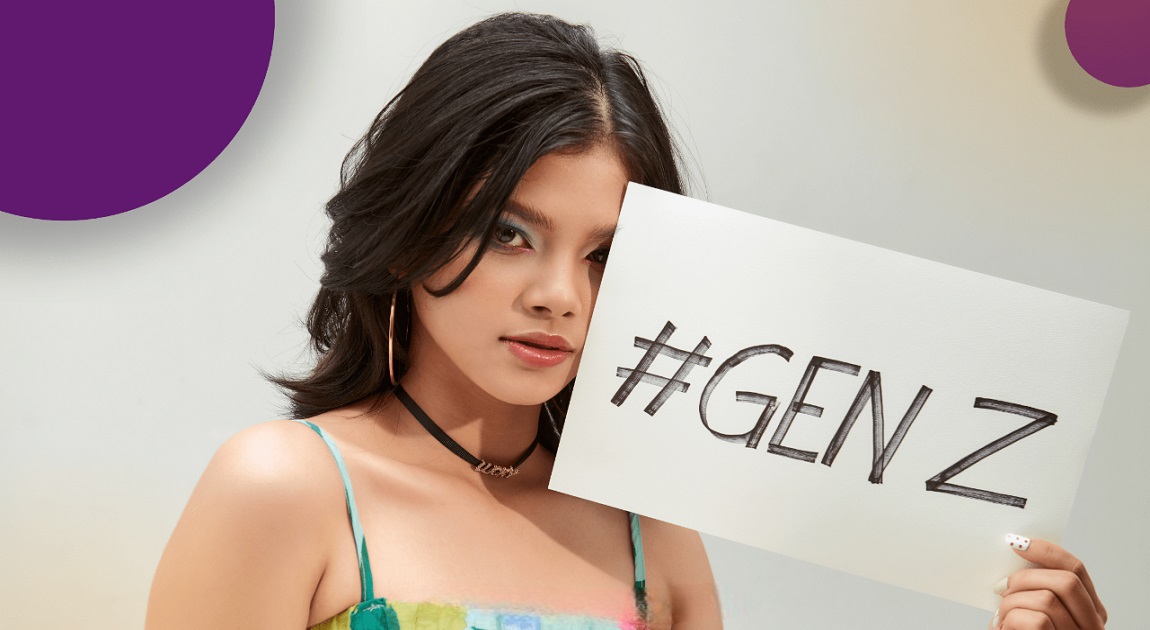

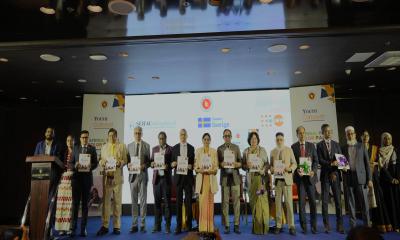
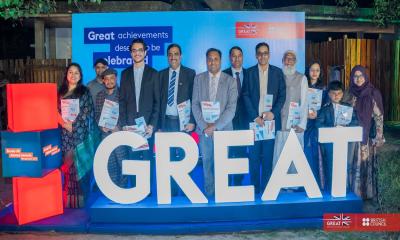
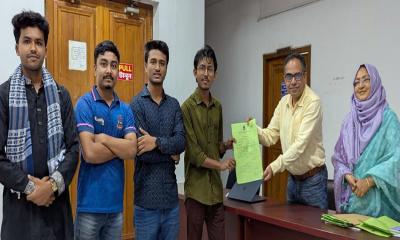
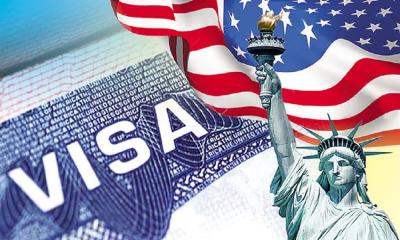
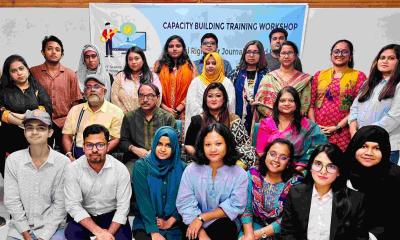
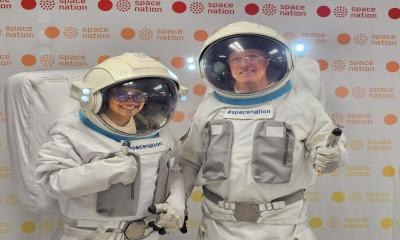



-20260217073221.webp)


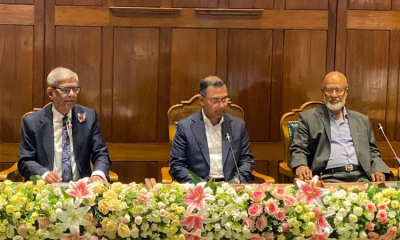

-20260216115008.webp)



















